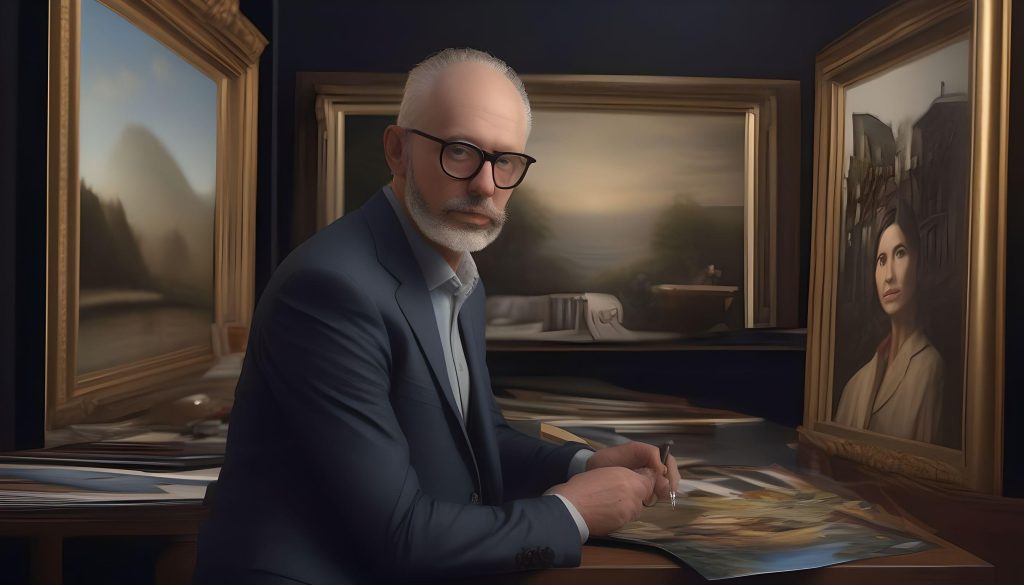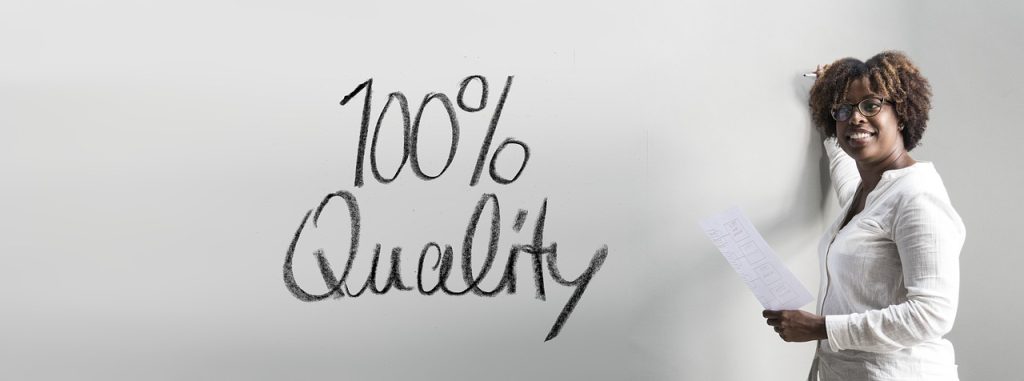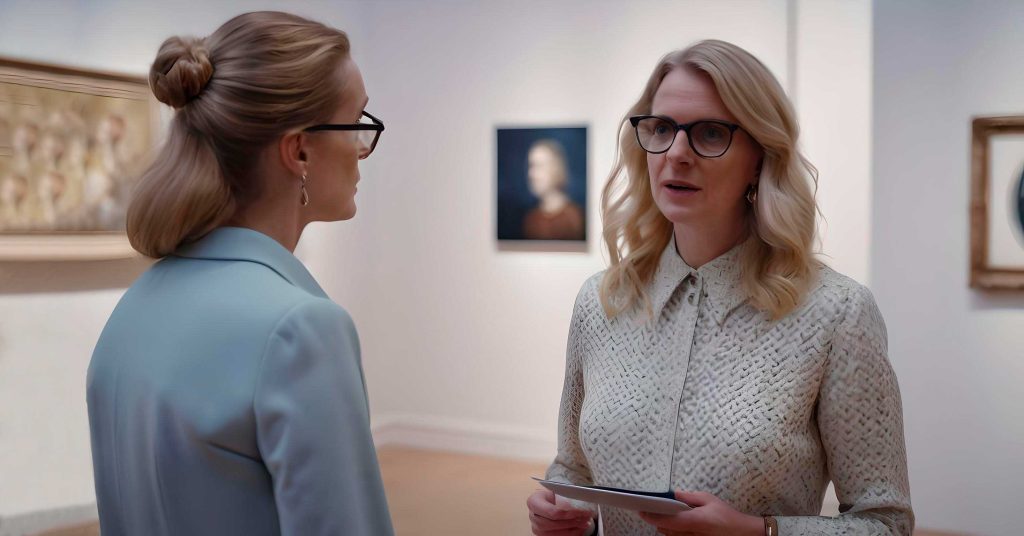
Introduction
In the realm of art, the guidance of an art consultant can make the difference between a haphazard collection and a curated masterpiece. The importance of selecting the right art consultant cannot be overstated, yet the process comes with its own set of challenges. Navigating these challenges is essential to ensure a seamless and personalized artistic journey.
What is an Art Consultant?


At its core, an art consultant is a seasoned professional who acts as a bridge between the art world and individuals or organizations seeking to enrich their spaces with meaningful artworks. These experts bring a wealth of knowledge to the table, guiding clients through the complexities of art acquisition, collection management, and market dynamics.
Differentiating from an Art Dealer
It’s crucial to clarify that an art consultant is distinct from an art dealer. While both connect clients with art, an art consultant exclusively represents the buyer’s interests. Unlike an art dealer, their focus is on curating collections that align with the client’s taste and vision.
Art Consultant Responsibilities
Art consultants wear many hats as they navigate the multifaceted world of art. Their primary responsibilities include understanding the client’s aesthetic preferences, managing art collections, and deftly handling conflicts of interest.
Managing and Curating Collections
Art consultants act as custodians of their client’s artistic vision. From researching artists to negotiating purchases and overseeing installations, they ensure that each piece contributes meaningfully to the overall collection.
Navigating Conflicts of Interest
Handling conflicts of interest requires finesse and transparency. Skilled art consultants prioritize the client’s best interests, managing relationships with artists, galleries, and other stakeholders to ensure a harmonious and beneficial collaboration.
How to Choose the Right Art Consultant
Selecting the right art consultant is a meticulous process that involves considering various factors:
Experience and Expertise
A consultant’s experience is a testament to their knowledge and proficiency. Look for a professional with a proven track record and expertise in your specific area of interest, whether it be contemporary art, classical masterpieces, or a niche artistic movement.
References and Reviews
The experiences of previous clients speak volumes about a consultant’s working style. Checking references and reviews provides insights into how the consultant collaborates, communicates, and delivers on their promises.
Fees and Payment Structure
Transparency in financial matters is crucial. Understand the consultant’s fee structure, ensuring it aligns with your budget and expectations. A clear understanding of costs prevents unwelcome surprises down the road.
Communication and Passion
Effective communication is the bedrock of a successful collaboration. Choose a consultant who not only communicates well but shares your passion for art. A shared enthusiasm ensures a more enjoyable and productive partnership.
Availability and Location
Practical considerations, such as the consultant’s availability and location, can impact the collaboration. A local consultant may have a better understanding of the regional art scene and be more accessible for in-person consultations.
Network and Connections
A consultant with a robust network can open doors to unique opportunities. Connections within the art community can provide access to exclusive events, introduce you to emerging artists, and enrich your overall art experience.
Finding the Right Consultant
Tips for finding the right consultant include attending art events, seeking recommendations from friends and family, exploring online resources, and reaching out to art organizations for referrals. A proactive approach increases the likelihood of finding a consultant who aligns with your artistic vision.
Art Consultant Qualifications Required


Becoming a successful art consultant requires a specific set of qualifications:
Educational Background
A solid educational foundation is essential. A bachelor’s degree in art history, visual arts, or a related field provides the necessary knowledge and understanding of artistic movements, styles, and historical contexts.
Industry Experience
Experience in the art industry is invaluable. A consultant with hands-on experience possesses a deep understanding of market trends, valuation methods, and the nuanced dynamics of the art world.
Benefits of Hiring an Art Consultant


Engaging an art consultant offers a multitude of benefits that extend beyond the immediate task at hand:
Time and Money Savings
Art consultants streamline the art selection process, saving clients time and preventing costly mistakes. Their expertise ensures a more efficient and focused journey.
Expert Advice
The art world can be perplexing, but a consultant’s guidance provides clarity. Expert advice ensures that clients make informed decisions, avoiding common pitfalls in art acquisition.
Building a Valuable Collection
With a consultant’s assistance, clients can build a collection that not only resonates with personal taste but also holds both intrinsic and potential financial value.
Access to Exclusive Events
Art consultants often have access to exclusive events and exhibitions. This exclusive access enhances the client’s experience, providing opportunities to discover new artists and expand their artistic horizons.
Learning About the Art World
Engaging with an art consultant is an educational journey. Clients gain insights into the art world, its trends, and the stories behind the artworks, fostering a deeper appreciation for the craft.
Art Consulting Services


Art consulting services cover a broad spectrum, catering to diverse needs:
Collection Management and Art Acquisition
In the selection and management of art pieces, fostering a cohesive and meaningful collection that resonates with the client’s vision, art consultants play a pivotal role.
Art Appraisal and Valuation
Determining the value of artworks is a critical aspect of art consulting. Consultants offer expertise in art appraisal, helping clients understand the worth of their collections for insurance, sale, or estate planning.
Art Investment and Portfolio Management
Guiding clients through art investment strategies, art consultants assist in the creation and management of art portfolios tailored to align with individual financial goals.
Art Conservation and Restoration
Preserving the integrity of artworks is a responsibility of art consultants. They provide advice on conservation and restoration, ensuring that artworks remain in optimal condition.
Art Insurance and Risk Management
Art consultants offer insights into art insurance options and strategies for mitigating risks associated with art ownership. Protecting valuable collections is a key aspect of their services.
Art Education and Training
Education is a fundamental component of art consulting. Consultants offer educational programs to enhance clients’ understanding of art, covering everything from art history to market dynamics.
Conclusion
In the vast tapestry of the art world, an art consultant serves as a skilled guide, transforming the seemingly complex into a tailored and enjoyable journey. As you embark on your art-related endeavors, consider the factors outlined to choose the right art consultant for a rewarding experience.
Take the first step today. Elevate your art journey with a consultant who understands your vision and shares your passion.
FAQs
Q1: How much does it cost to hire an art consultant?
A: The cost varies based on the consultant’s experience and the scope of services. It’s essential to discuss fees and payment structures upfront.
Q2: Can an art consultant help with selling artworks?
A: While the primary focus is often on acquisitions, some consultants assist with selling artworks, offering valuable insights into the sales process.
Q3: What is the typical duration of an art consulting project?
A: The duration depends on the project’s complexity. Consultants work closely with clients to establish timelines and milestones.
Q4: How do I know if an art consultant is the right fit for me?
A: Schedule an initial consultation to discuss your needs and assess the consultant’s approach. Trust your instincts and choose someone who resonates with your vision.
Q5: Do art consultants only work with high-profile clients?
A: No, art consultants cater to a diverse clientele, ranging from individual art enthusiasts to corporate entities. Their expertise is accessible to anyone passionate about art.




